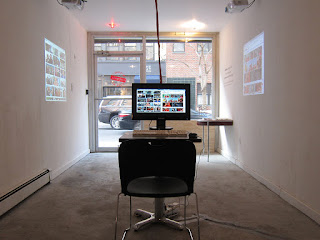Visability
I believe that this article shows how the imagination and
how we visualize things is a way of art. The author describes two different
types of imaginative processes. The first one, the one that starts with the
word and arrives at the visual image, I believe is the most common type. I use
this process when reading articles for school or just reading in general. It
helps me get a better understanding of what is going on and allows me to be
creative and imagine the scene happening in real life. Knowing how I use this
process, I do believe it can be considered a form of art. This process
represents a way for writers to communicate their ideas into a picture or
theme. Readers process the words and use them to create a picture in their
minds that represent those words.
At the end of the article, the author describes the problem
of the priority of the visual image or verbal expression to be like the chicken
and the egg problem. This comparison helped me understand this situation in
that we are not sure which came first. However, I do agree with the author in
that visual image came first. Without having visual image come first, we
wouldn’t be able to take verbal expressions and transform them into scenes in
our minds.
Additionally, when the author claimed in the beginning that
fantasy is a place where it rains, I was confused. However, after reading the
whole article, I have a better idea of what he means. I believe that there are
so many visual images in our minds and there are so many ways in which we could
express them. Especially with fantasy since most of it is not true, it is like
it rains with ways to verbal represent these images. The example that the
author gave about the iceberg really helped me understand this assertion. We
know that the source or the iceberg is there, however; it is unseen and deep
into our minds like how an iceberg is deep in the water. This idea of fantasy
being a place where is rains really made me think of the different ways that
images could be expressed into words that we take for granted.


Comments
Post a Comment